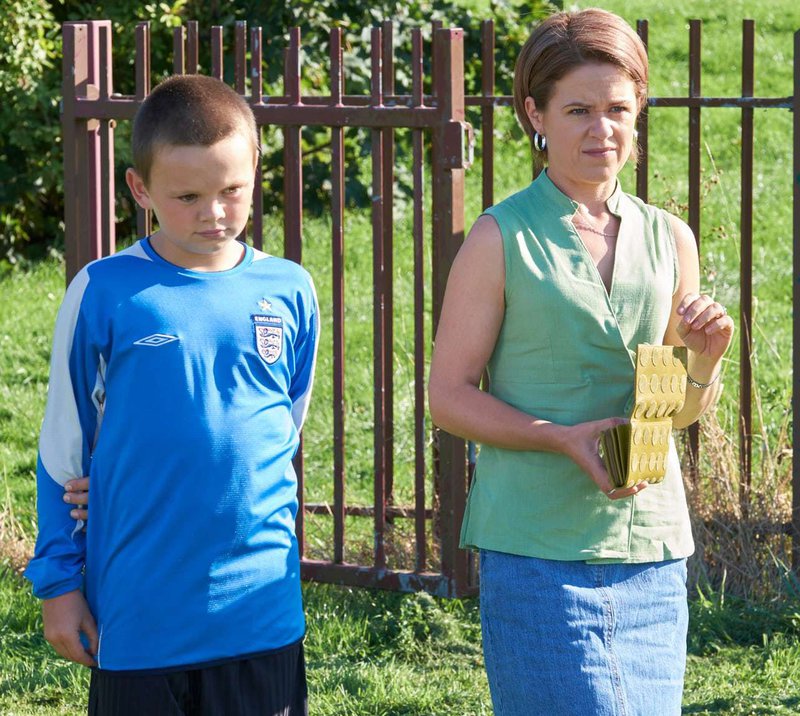els bastards
The true story of Little Boy Blue
The real-life murder of an 11-year-old Everton fan in a working class area of Liverpool provides the plot for a new British mini-series about the investigation into the shooting
I once read somewhere that in films –or TV series– that are based on true events, the actors cast always have to be better-looking than the real-life figures. Perhaps this makes sense in order to attract more viewers, but we should not let it distract us from the fact that what we are watching is not really fiction, and that in essence it is real life. If this were an episode of Fargo, it would begin: “This is a real story. The events took place in Liverpool in the county of Merseyside. At the request of the survivors, the names of the characters have been changed. Out of respect for the deceased, everything else is presented just as it happened.” However, in this case even the real names have been kept. Little Boy Blue is a four-episode mini-series that deals with the murder of Rhys Jones, an 11-year-old fan of Everton football club, and the investigation to find those responsible that followed.
At first glance it may seem as if it is going to be a regular crime story, but the series makes a real effort to takes things that little bit further. The setting is 2008, in a quiet working class neighbourhood of Liverpool, with kids playing football in the streets. The problem is that also in the area are rival gangs of adolescents involved in illegal activities. Everyone, including the local police and parents, know that these gangs are made up of 15 and 16-year-old delinquents who fuel their feral lifestyles through extorsion and dealing in drugs.
One day, young Rhys becomes a collateral victim of the gang rivalry when he is hit in the head with a bullet and killed. The neighbourhood responds by mobilising, not so much pulling together to find and punish the culprits, but each looking out for their own interests. Everyone knows perfectly well who the murderers are, and all that is left is to prove it. Yet the police want to resolve the case as soon as possible, and for them the less said about it the better. Meanwhile, the family of the culprits hide evidence and invent alibis to keep their children out of prison. And Rhys’ family? As you might imagine, they want their son to be remembered, they want explanations, they want justice and a chance to overcome the pain of losing a child.
Great performances
As always with British series, the actors’ performances are excellent across the board. However, I would like to point out just two.
The first is Stephen Graham, in the role of the stubborn detective who will not stop until all the guilty parties, parents included, are made to pay for what they have done. The actor has come up with a character who is restrained and yet emotional, who pushes the boundaries when needed, and who supplies us with a spectacular ending. Many will remember him playings Capone in Boardwalk Empire, and we also got to enjoy his acting in The Secret Agent and Taboo. Then there is Sinead Keenan, in the role of Rhys’ mother, Mel Jones, who brings the process of grieving to life and gives shape to the initial sense of unreality brought about by the situation, which is followed by the deepest pain.
Little Boy Blue is yet another highly recommended series from British television, this case the ITV channel. No one does it quite like they do!

